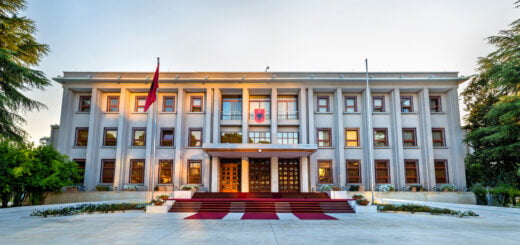New Survey Reveals One in Four Brazilians Have Already Spent Money in Betting
Recent surveys has shed light on the immense popularity of sports betting apps in Brazil. As the Latin American country works on finalizing details for the regulation of its legal market, the betting landscape is steadily evolving.
The study, which interviewed over 2,000 smartphone users, revealed that 25% of respondents have already engaged in sports betting through mobile applications in the country. The majority of these bettors were young males from low-income families.
Socioeconomic Influence on Sports Betting in Brazil
The survey findings indicated that among Brazilians in the higher socioeconomic classes (A and B), 22% of smartphone users had placed bets on sports betting apps. In contrast, within the lower-income strata (D and E), the participation rate rose significantly to 30%.
User Experiences and Popular Sports Betting Apps
The survey also highlighted that 60% of users losing more money than they had won on these platforms. Among the bettors from classes D and E, this figure increased to 65%. And as for the most popular sports betting apps in Brazil, these include Bet365, Betano, Blaze Pixbet, and Sportingbet.
The Legalization of Sports Betting Apps in Brazil
Sports betting apps were officially legalized in Brazil in 2018 through a decree issued by former President Michel Temer, positioning them as a form of national lottery. Recognizing the potential for tax revenue, the current Luiz Inácio Lula da Silva administration is now working to expedite the regulatory process.
Regulatory Issues and Match-Fixing Scandal
Nonetheless, the nascent industry and the government’s recent regulatory efforts have been overshadowed by an ongoing match-fixing scandal in country’s football league. The Finance Ministry had already requested clarification from eight leading Brazilian football teams about their affiliations with sports betting platforms.
The Revenue Potential of Sports Betting Platforms
In April, Finance Minister Fernando Haddad estimated that taxing these platforms could generate between BRL12 billion and BRL15 billion ($2.3 to 3 billion) in annual revenues. The Brazilian football association, CBF, is lobbying for a larger portion of this tax revenue.






